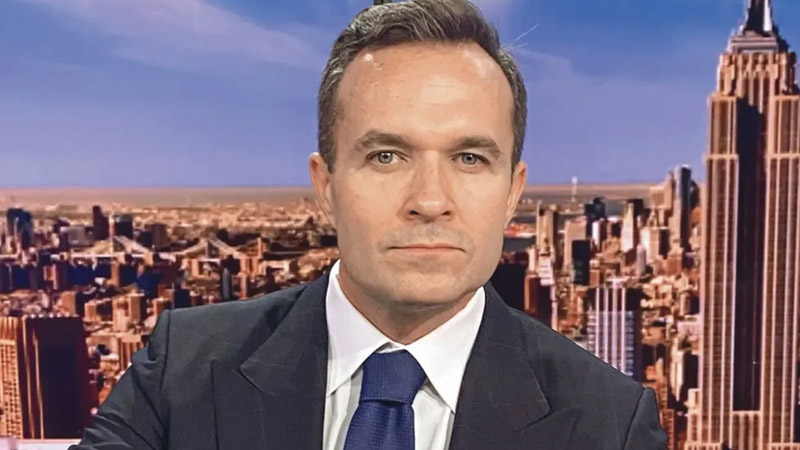On Monday, Newsmax host Greg Kelly expressed strong criticism of the Democratic National Convention (DNC), alleging that the event amounted to “national brainwashing.” Kelly’s remarks came during a conversation with Trump campaign aide Hogan Gidley, who shared his thoughts on President Joe Biden’s speech at the convention, told the New York Daily News.
Gidley suggested that Biden faced a challenging environment at the DNC, implying that many in the room were not supportive of him. “He’s going into the room as president, knowing the people in there not only don’t like him, they worked to push him out of his position after holding office for half of a century in this country,” Gidley said. “You cannot underestimate how much they dislike him and were furious at him for staying in this.”
Kelly, however, disagreed with Gidley’s interpretation of the situation, particularly regarding Biden’s decision to step down. “Hogan, great points,” Kelly acknowledged. “But you know what? I don’t think it was everybody in that room who made the decision. I mean, it was Obama, Pelosi, one or two others.”
Kelly then shifted his focus to the broader implications of the DNC, drawing a direct comparison between the event and what he sees as a concerted effort to influence the public’s perception. “You know, 14 million people voted for Trump,” Kelly pointed out. “This is beyond propaganda. This is national brainwashing that we’re in the midst of!”
Kelly’s comments reflect a broader narrative among some conservatives who view the DNC and similar events as attempts to manipulate public opinion. His use of the term “national brainwashing” underscores the intense polarization surrounding the 2024 presidential race and the deep divisions in how different media outlets and political figures interpret the actions and decisions of the current administration.
As the DNC continues, critiques like Kelly’s highlight the ongoing tensions between the two major parties and the highly charged atmosphere leading up to the next election. Whether his claims of “national brainwashing” resonate with a wider audience remains to be seen, but they certainly add to the fierce debate over the role of media and messaging in modern American politics.

